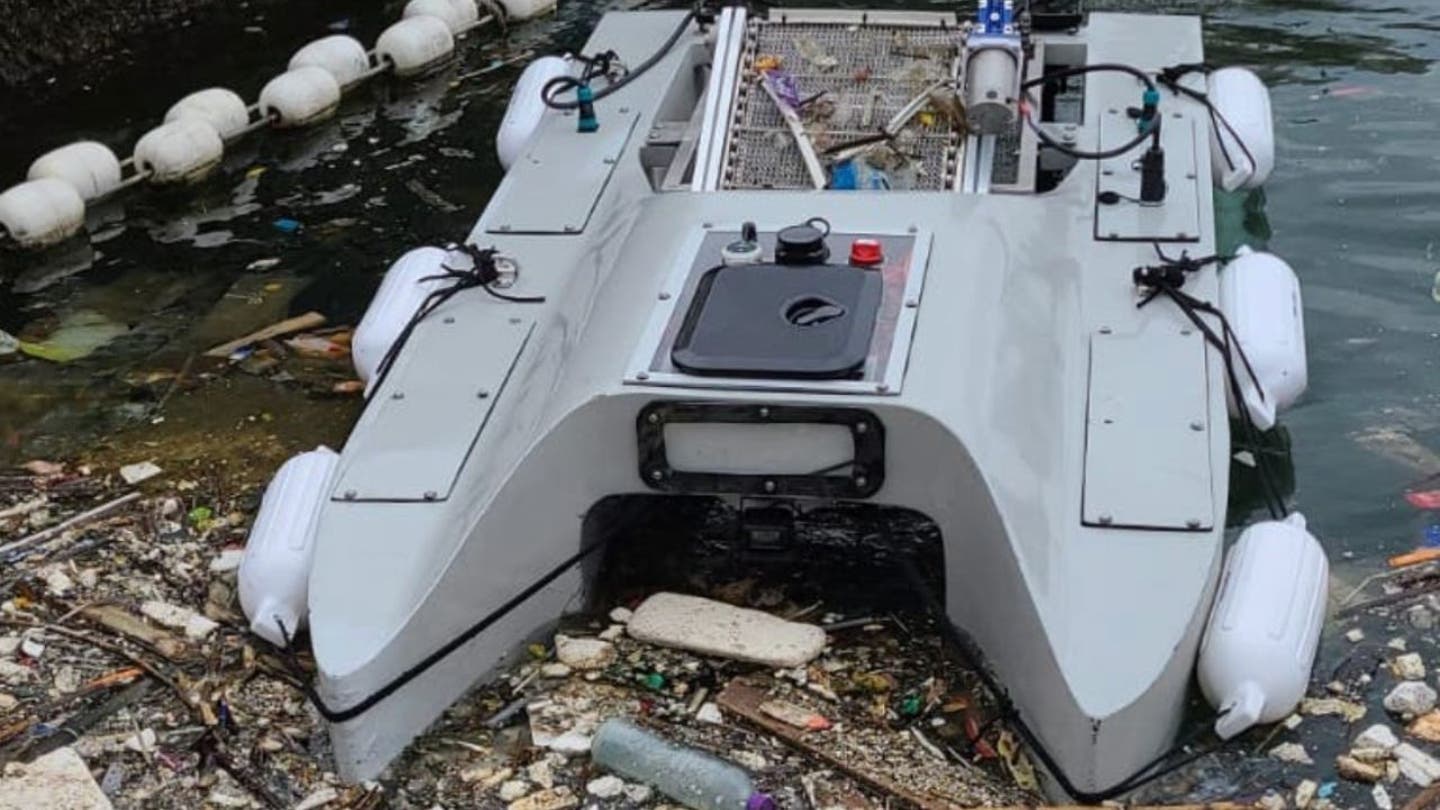In an era marked by heightened tensions, NATO is harnessing the transformative power of Artificial Intelligence (AI) to bolster its collective defense. From countering adversarial capabilities to establishing ethical frameworks, the alliance is navigating the complex challenges posed by AI in the modern geopolitical landscape.
NATO's commitment to innovation and technological advancement is evident in its expanded Defense Innovation Accelerator for the North Atlantic (DIANA) program. With testing sites now present in 28 of the 32 NATO nations, the alliance aims to foster cross-border collaboration in developing cutting-edge technologies that address its defense challenges. AI, cyber, 5G, hypersonic, and autonomous systems are key areas of focus.

NATO's AI Edge: Safeguarding the Alliance in an Evolving Geopolitical Landscape
However, recognizing the potential risks associated with AI in warfare, NATO is also prioritizing the establishment of guardrails. The alliance seeks to prevent autonomous systems from engaging in kinetic action without human intervention, ensuring that ultimate decision-making remains in the hands of responsible actors.
Ukraine's conflict with Russia has served as a catalyst for AI development within NATO. The increased reliance on drones during kinetic operations has spurred an AI race, necessitating the adoption of evolving offensive and defensive strategies. The alliance is leveraging AI's capabilities in areas such as intelligence, surveillance, and reconnaissance, while working to enhance its ability to counter unmanned aircraft systems (UAS).

NATO's AI Edge: Safeguarding the Alliance in an Evolving Geopolitical Landscape
Beyond kinetic warfare, the alliance is also cognizant of the threats posed by AI-augmented soft-war tactics. Disinformation campaigns and malware have become potent tools in influencing public opinion and disrupting critical infrastructure. NATO recognizes the need to counter these malign influences effectively.
The alliance's concern extends beyond Russian and Chinese AI capabilities to the broader coalition of authoritarian regimes, including North Korea and Iran. These states have aligned against the West and are actively aiding Moscow in its war efforts. NATO acknowledges that Ukraine is a frontline in the battle against these adversaries and stresses the importance of providing steadfast support.

NATO's AI Edge: Safeguarding the Alliance in an Evolving Geopolitical Landscape
The war in Ukraine has underscored the critical importance of safeguarding NATO members and partner nations from threats posed by AI technologies. Recognizing the geopolitical complexities of the modern era, the alliance is harnessing AI's potential while concurrently implementing ethical frameworks to ensure its responsible use in defense and security.












